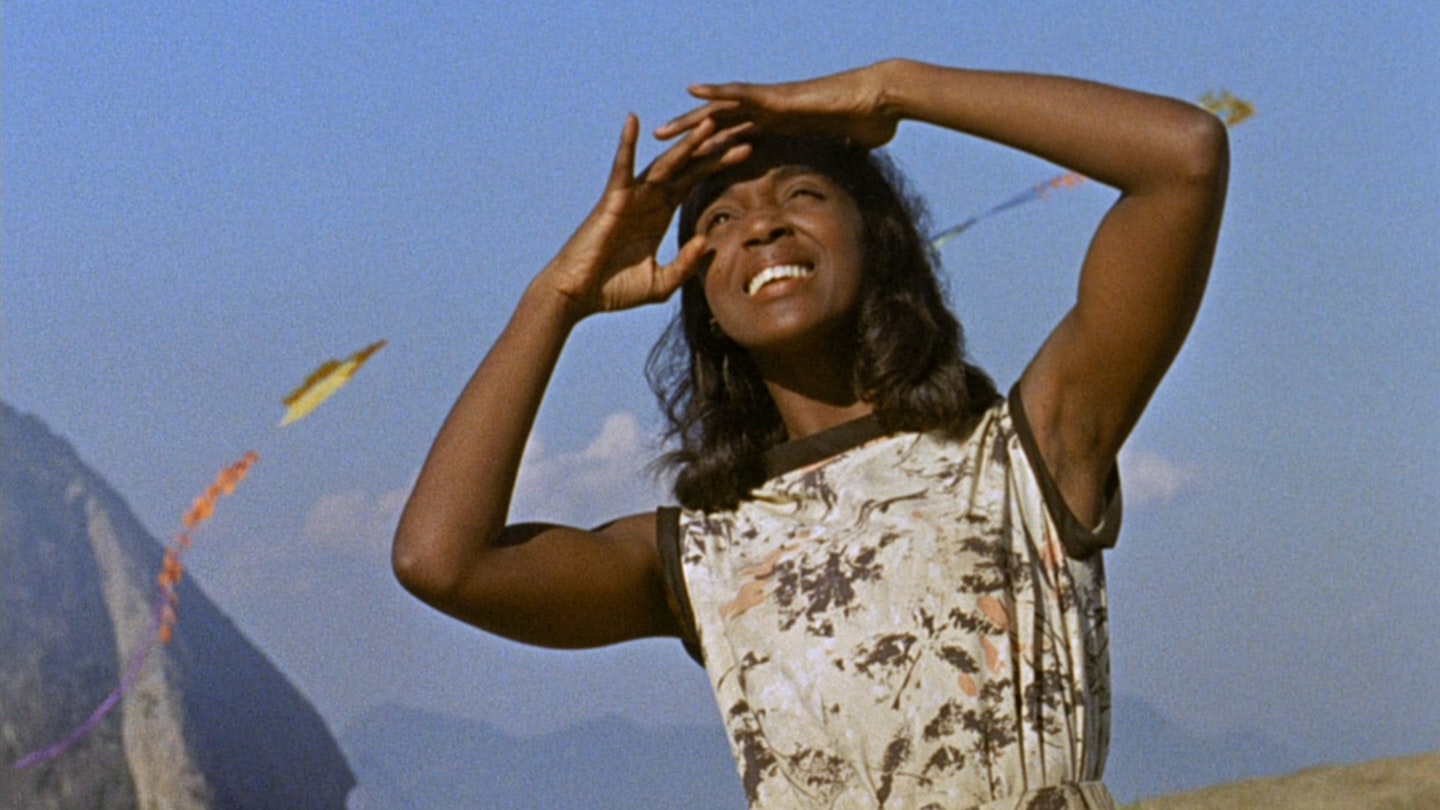Winner of both the Palme d’Or and the Oscar for Best Foreign Film, Marcel Camus’ romantic tragedy is an accomplished blend of Greek legend, Brazilian custom and a little-known play by Vinicius De Moraes. Despite references to Orpheus, Eurydice, Olympus and the Underworld, this is essentially an astral myth: Bruno Mello symbolises the sun, who will deliver the earthy Marpessa Dawn from the darkness of death cast over her by her sinister suitor, Ademar Da Silva.
It’s to Camus’ credit that the symbolism is integrated so deftly with the sights and sounds of the Rio Carnival. But what gives the film its mesmerising atmosphere is cinematographer Jean Bourgoin’s discrete contrasts between the vibrancy of the daylight revels and the looming malevolence of the nocturnal sequences.
